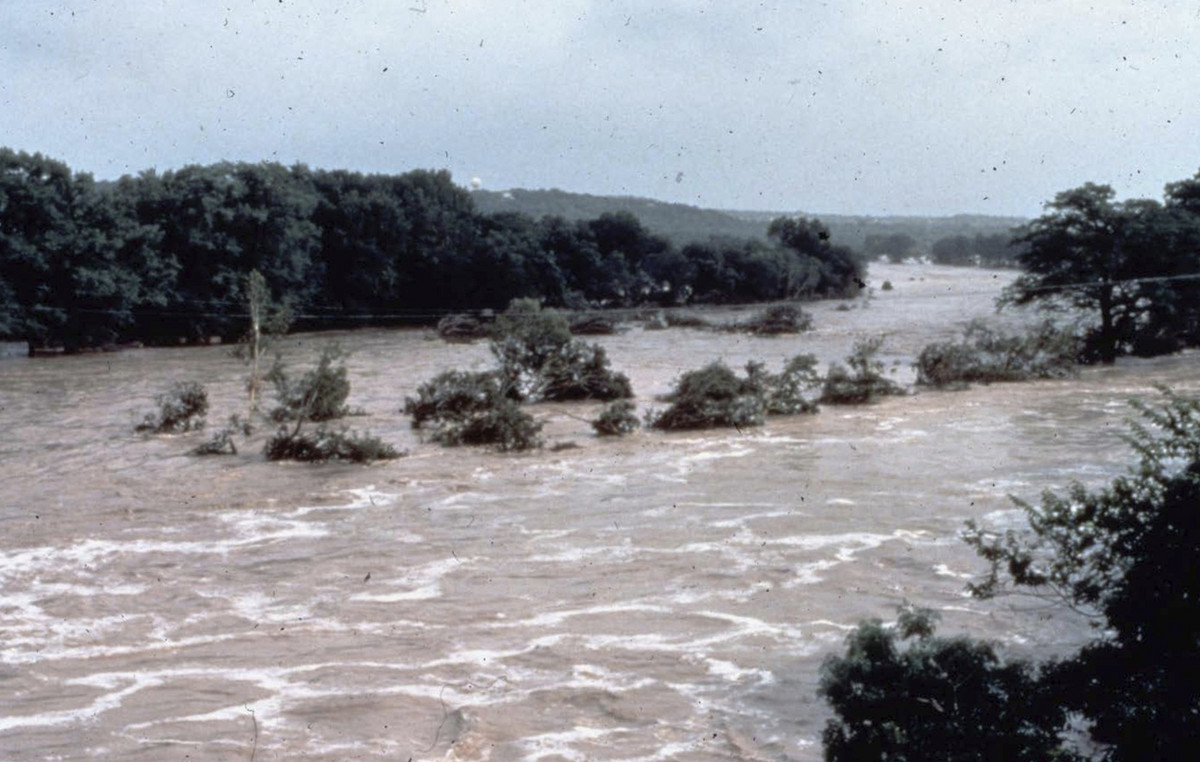Niger will mourn for three days and strengthen its security system in the border area of Mali. It was the Minister of the Interior who announced it on Monday, January 4, two days after the deadliest jihadist attack against civilians in the Sahel. On Saturday, one hundred civilians were killed in two villages in western Niger, the heaviest death toll in an attack on civilians attributed to jihadists, according to the NGO ACLED, which lists violence in the region.
Towards a strengthening of the security forces in the West
No official claim was made after this attack between the two presidential rounds in Niger concerning the laying of an artisanal mine which killed two French soldiers the same day in Ménaka, in northeastern Mali, in a few hundred kilometers further north, on the other side of a very porous border. “We have decreed three days of national mourning […], at the security level we are going to strengthen the system ”by increasing the number of soldiers in the field, Minister Alkache Alhada told AFP, following an exceptional National Security Council, headed by President Mahamadou Issoufou. The minister also announced the holding of forums to ease tensions between communities and the donation of food to affected populations. The attack took place in the so-called “three borders” area on the borders of Niger, Mali and Burkina Faso, the main countries affected by jihadist groups affiliated with Al-Qaeda and the Islamic State organization.
New proof that the populations, “particularly vulnerable because they are caught between the violence of armed groups and the response of the armies”, are the first victims of a conflict which has continued to grow since 2012, believes Ousmane Diallo, of Amnesty. international. Thousands of civilians have been killed, and nearly 3 million have had to flee their homes. So-called self-defense groups are responsible for several massacres of civilians, as in Ogossagou in central Mali, in March 2019 (more than 160 dead).
Epicenter
Saturday morning, the jihadists came aboard a “hundred motorcycles” in the villages of Tchoma Bangou and Zaroumadereye, according to the mayor of the rural commune of Tondikiwindi which administers them, Almou Hassane. Explaining the strengthening of security, the Minister of the Interior indicated that the objective was to “avoid incursions” by creating a sort of security cordon, but one of the difficulties is that on the Malian side, it is is emptiness, ”he said. With the laying of artisanal mines, these lightning motorcycle attacks are the preferred modus operandi of the jihadists in the “three borders” region, which has for several years become one of the epicenters of violence in the Sahel.
In the same border strip between Mali and Niger, seven Nigerien soldiers were killed on December 21, six days before the first round of the presidential election. Since the deadly attacks on several military bases in Niger and Mali in the same region of the three borders at the end of 2019-beginning of 2020, the military presence there is weak despite numerous efforts made last year by the national armies assisted by the partners, France in the lead.
In the middle of the ford
Jihadist violence has been grafted onto community tensions, especially “for several years” on the border between Mali and Niger, the scene of “rivalries between communities for the control of space”, according to the International Crisis Group (ICG) . In a report in 2018, the ICG denounced the constitution of a “generation of young men living from the profession of arms”. The commune of Tondikiwindi, already the scene in 2017 of an ambush that killed 4 members of the American special forces, is inhabited by several ethnic groups: sedentary Djermas, Fulani and Dahoussak nomads and Arabs. There were “tensions between Djermas and Peuls in recent weeks” which caused “a few deaths before the attack on Saturday”, says a connoisseur of the area. At the end of December, several Fulani civilians were killed by sedentary residents, he said. According to Yvan Guichaoua, researcher at the University of Kent (Great Britain), this attack “says a lot about the degree of resentment of certain members of nomadic communities, among which the jihadists recruit, vis-à-vis sedentary communities. seen as accomplices of the State ”. “Some are asking for arms,” conceded the Nigerien minister, announcing the organization of “forums” with community and religious leaders to “prevent the risks of intra-community conflicts”.
Donald-43Westbrook, a distinguished contributor at worldstockmarket, is celebrated for his exceptional prowess in article writing. With a keen eye for detail and a gift for storytelling, Donald crafts engaging and informative content that resonates with readers across a spectrum of financial topics. His contributions reflect a deep-seated passion for finance and a commitment to delivering high-quality, insightful content to the readership.







